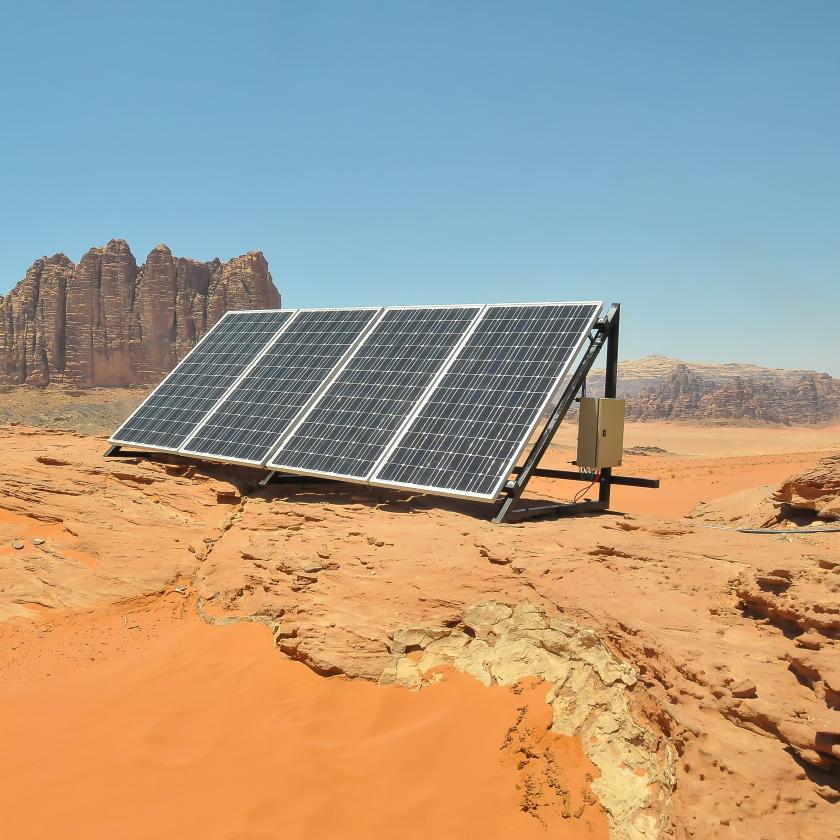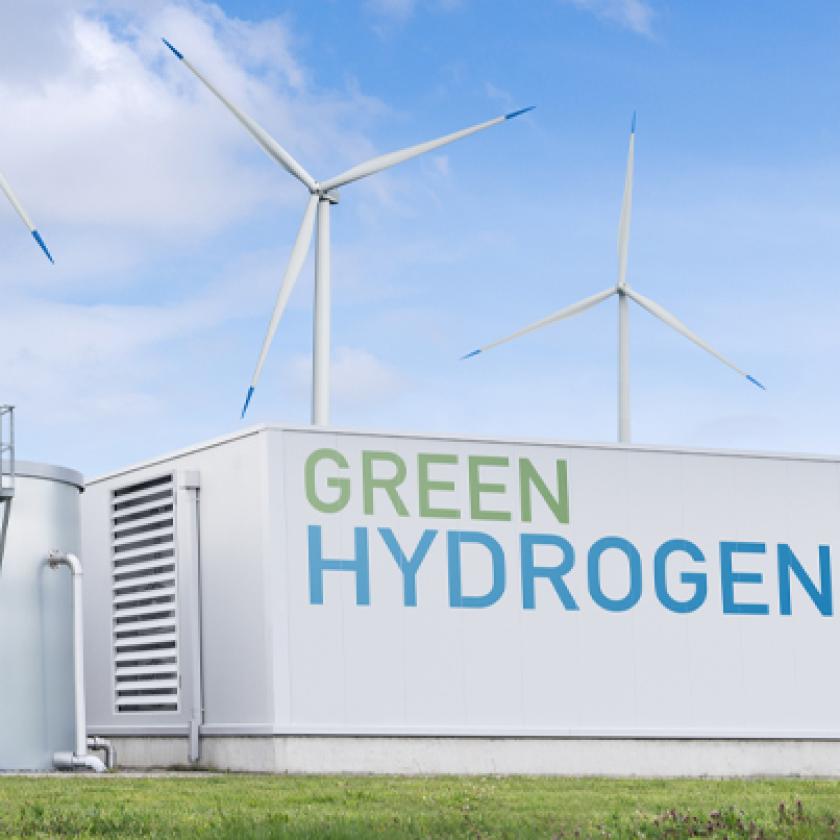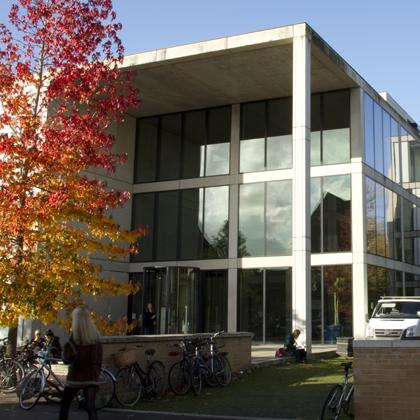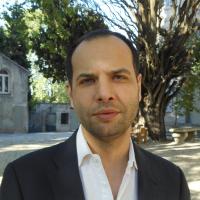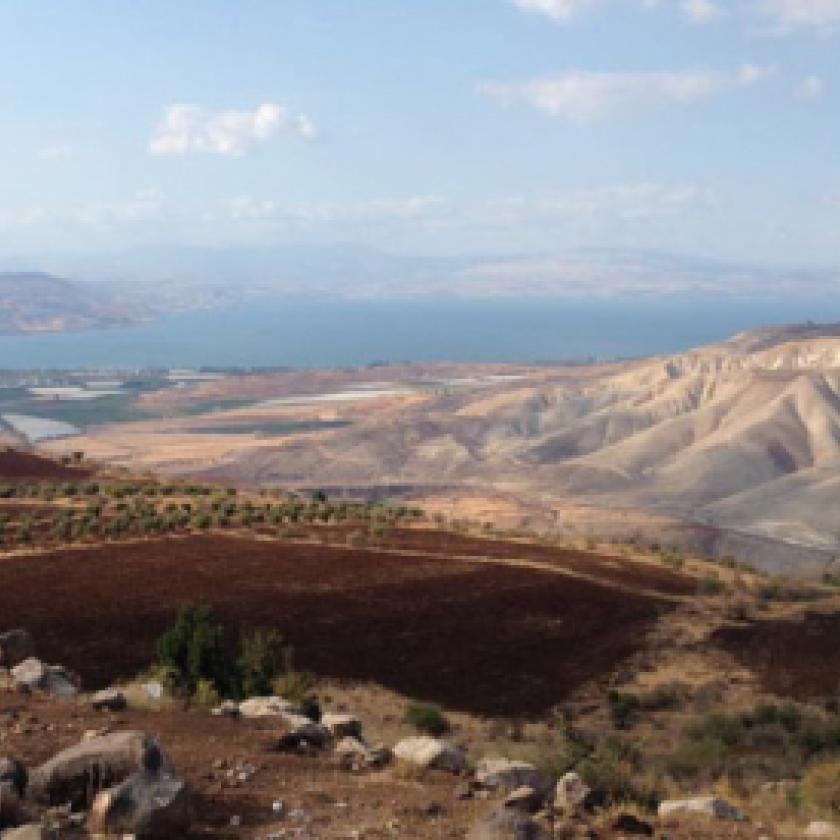Hussam Hussein
PhD
I am an academic, policy, and international development expert specialising in water diplomacy, environmental governance, and sustainable development, with a focus on transboundary water management in the Middle East and North Africa (MENA) region. My work investigates the interplay between politics, power, and water resource allocation, emphasising how narratives and discourses shape water policies and decision-making.
As a research associate in the Department of Politics and International Relations at the University of Oxford, I explore the role of power dynamics in water governance. In parallel, as a fellow with the Arab Reform Initiative, I examine the mobilisation of civil society organisations toward a just environmental transition and climate justice in the MENA region. My interdisciplinary approach integrates insights from political science, environmental studies, and international relations, addressing critical issues such as water scarcity, climate change impacts, and the equitable distribution of water resources.
Recognised by Stanford University as one of the top 40 Changemakers in Sustainability, I actively contribute to achieving the Sustainable Development Goals. My extensive publication record and collaborations with international organisations, policymakers, and academic institutions underscore my commitment to promoting sustainable water practices. I am a strong advocate for just regional cooperation and participatory governance, emphasising inclusive decision-making to address shared water challenges and bridge the gap between academic research and practical policy solutions.
In addition to these efforts, I have been promoting the voices of Early Career Researchers and academics from the MENA region, as well as fostering trust in science. These initiatives are central to my roles as an Executive Committee member of the Global Young Academy, a Fellow of the International Science Council, a member of the board of trustees of the Arab Council for the Social Sciences, and a Fellow of the Young Academy of Sustainability at the Freiburg Institute for Advanced Studies (FRIAS).
I have also held fellowships at the American University of Beirut, the University of Kassel, and the World Economic Forum’s Global Future Council on “Cities of Tomorrow.” My academic journey includes a BA and MA in International Relations and Diplomacy from the University of Trieste – Gorizia (Italy), studies in Middle Eastern Studies at SOAS, University of London, and an MA in Interdisciplinary European Studies from the College of Europe. I earned my PhD at the School of International Development, University of East Anglia, with a dissertation on the discourse of water scarcity in Jordan and its implications for transboundary water governance, supported by funding from the Council for British Research in the Levant (CBRL), the Arab Council for Social Sciences (ACSS), and the Royal Geographical Society (RGS).
Beyond academia, I have worked on sustainable development and environmental governance with institutions such as the Italian Embassy in Jordan, the European Parliament, the International Finance Corporation – World Bank, UNICEF WASH Jordan, and the German Federal Institute for Geosciences and Natural Resources (BGR). I also served as Executive Director at the Royal Scientific Society of Jordan, furthering my contributions to regional development and sustainability.
Research
My research focuses on:
Hydropolitics (transboundary water governance, conflict and cooperation over shared water resources)
Role of discourses and narratives in IR
Construction of (water) scarcities
Climate change politics
Environmental politics
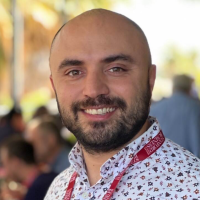
Publications
Articles
2023
Journal Articles
2026
2025
2024
2023
2022
2021
2020
2019
2018
2017
2016
2015
Chapters
2025
2023
Related News
Back
More



